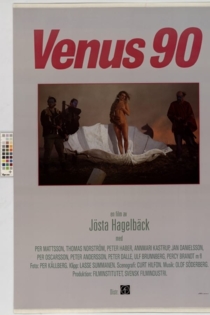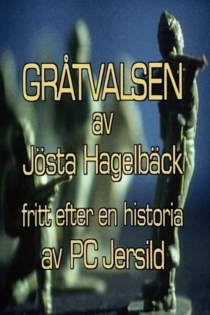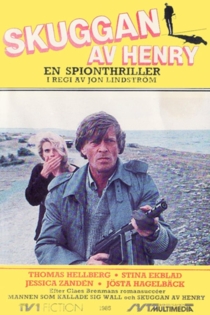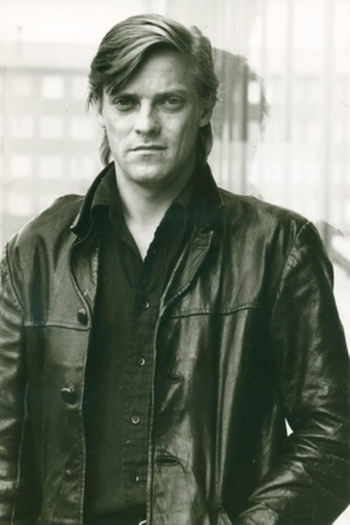
Jösta Hagelbäck
1945 - 2009Les Prisonniers de Beckett
Mishka Saal
Jan Jönson, Jösta Hagelbäck
The meeting of two worlds that never met. One of poetry and freedom, and the other of silence and darkness. A story that begins in a maximum security prison in Sweden where a young actor, Jan Jönson, decides to stage " Waiting for Godot "with five prisoners as actors.
Prisoners of Beckett
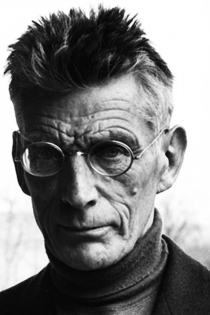
Illustrerat samtal med professor Lars Kristiansson
Jösta Hagelbäck
Lars Kristiansson, Jösta Hagelbäck
Based on the conversations Jösta Hagelbäck and Erik Ostlund had with Lars Kristiansson, a professor of information theory with data communication at Chalmers University in Gothenburg, Sweden. The talks took place at the difficult cancer sufferer Kristiansson's sick-bed and dealt with his insights in computer technology, his hopes and fears for the new technology, the role of religion, the history of mathematics, reasoning about algebra, analytic geometry and the fourth dimension, along with cultural outlooks over the Western society's lack of mysticism and spiritual values.
Illustrated conversation with Professor Lars Kristiansson
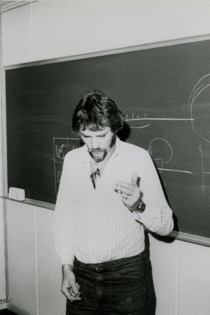
Desperadon från Kolsva
Thomas Ljungqvist
Jösta Hagelbäck
About Jösta Hagelbäck (1945-2009), Swedish film director, writer, poet, musician, actor etc. A human bipolar mixture of genius and madman. Invited to Hollywood, had an artistic hit with the film "Kejsaren/The Emperor" (1979) at the Berlin Film Festival.
The Desperado from Kolsva
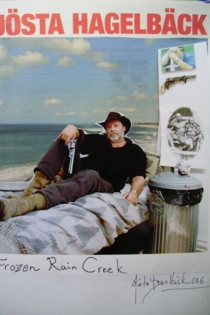
Kejsaren
Jösta Hagelbäck
Anders Åberg, Gerissa Jalander
Before World War II, Swedish workers had to deal with low wages, scarce work, and the extensive importation of foreign labor, particularly for the purpose of breaking strikes. This did not make foreigners of any stripe very popular, and those from "guest worker" countries were particularly disliked. In this film, set in 1938, a half-Polish boy goes to Poland in search of his mother, runs into financial and psychological difficulties there, and is sent back to a Swedish mental hospital. In another story, an unfortunate woman suffers a miscarriage and ends up at the asylum where the Polish boy is being kept.
Kejsaren
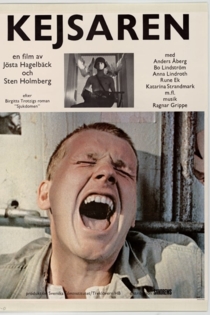
Venus 90
Jösta Hagelbäck
Per Mattsson, Tomas Norström
A film crew travels out in a future Europe to make a documentary about the birds and threats to the ecological contexts. The motto of the film has been downloaded from the Indian chief, Chief Seattle's famous words from 1855; "You can not sell the sky, and everything that affects the Earth affect the humans".
Venus 90
